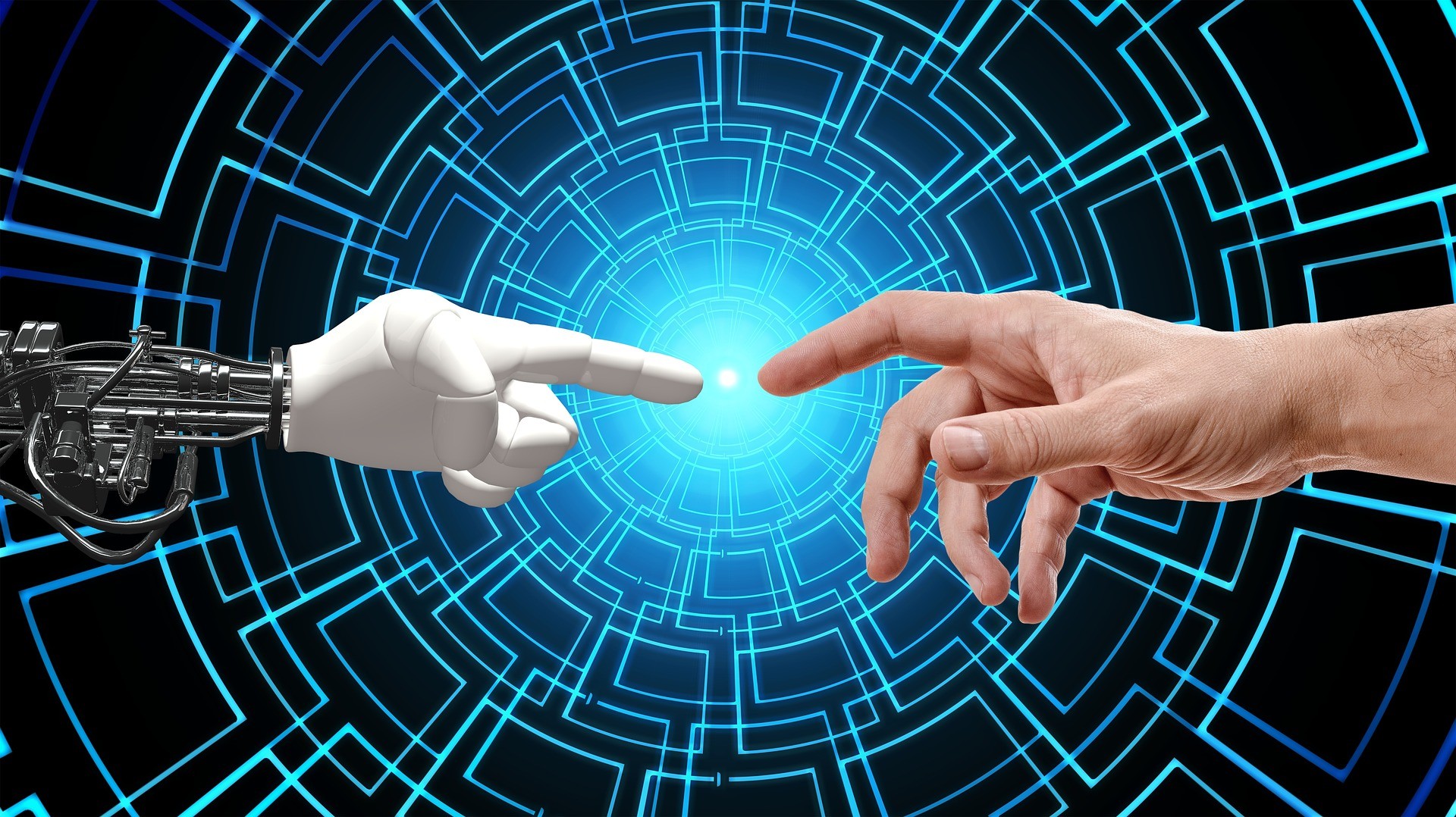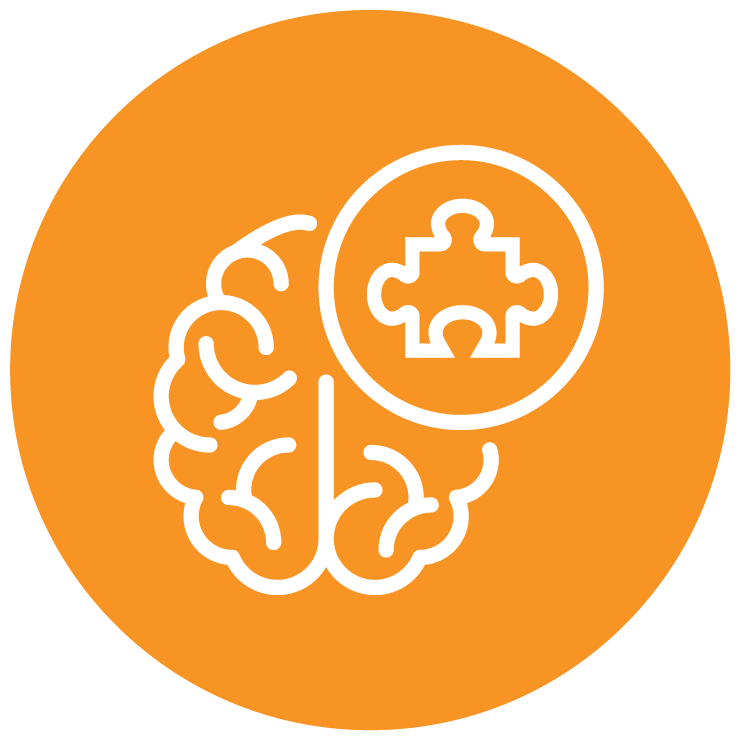
The Four C’s: Why Human Skills Matter
This post about mastering the “Four C’s” is an excerpt from the upcoming Happy Brain Science book All Work & Some Play: Future-Proof Your Career through Games, by Kristen Toohill and Scott Crabtree.
We live in an exciting age: Artificial Intelligence (AI) is now capable of performing routine, repetitive work, freeing humans up to do what we do best. Just as farmers at the beginning of the 20th century couldn’t imagine most of the jobs available today (Comic artist! SEO optimizer! Chief Happiness Officer!), you, too, can’t accurately anticipate the changes our work world will undergo over the course of your career.
What leaders like you can do is future-proof your team by discovering and improving your human skills: your critical thinking, collaboration, communication, and creativity (innovation). The National Education Association refers to these as 21st century skills. Let’s learn a little more about each of them:
What are the Four C’s?
 Critical Thinking
Critical Thinking
The ability to look at problems in a deeper way—applying knowledge, analyzing information, and evaluating potential solutions. This can be done, for example, by using systems thinking. Systems thinking is looking at “any group of interacting, interrelated, or interdependent parts that form a complex and unified whole that has a specific purpose.”
 Communication
Communication
The ability to express ideas in any format (written, verbal, etc.) to diverse people. The ability to listen and assess the quality of incoming information.
 Creativity
Creativity
The ability to come up with novel and useful ideas. Innovation is “the successful implementation of creative ideas within an organization.” This includes both incremental and radical change in systems and products.
 Collaboration
Collaboration
Also known as teamwork, or the ability to integrate multiple people’s ideas into a cohesive whole. This requires taking personal responsibility for working effectively with diverse teams and being flexible.
Managers surveyed by the American Management Association agree that having teams equipped with these skills is a business imperative. Approximately 60% of managers agreed or strongly agreed that all of these skills were priorities for employee development, talent management, and succession planning. The need for these skills is not going away: three out of four managers said that these skills will only become more important in the future. Right now, most managers rate their teams as average at these skills, leaving a lot of room for improvement…and a lot of opportunities to be had for the teams that can level up their skills quickly and successfully!
The Four C’s and the Future
Future-Proofing Your Career and Your Organization: What Humans Do Best
By looking at what automation can do, we can intuit what tasks are best suited for the human workforce. According to experts at MIT’s Industrial Performance Center, the easiest jobs for a computer to do are those that require looking at pre-defined sources of data and then working with that data through concrete rules. AI is evolving to complete new tasks every day. For example, AI can now solve some abstract problems, such as mimicking musicians’ styles to create simple songs. However, creating a new work from scratch is still beyond the grasp of AI. Work that involves novel solutions to unique problems will still be human work for the foreseeable future.
Scanning a complex environment, working with changing inputs (like other human beings), and being able to solve problems that have never been solved before is hard for computers. But these tasks make fulfilling challenges for humans. The jobs that are least likely to be outsourced are those that require expert thinking, complex communication, and non-routine tasks.
The best way to learn how to solve novel problems is by drawing upon relevant experiences and then transferring knowledge from one situation to another. Of course, experience takes time to accrue, and transferring ideas from one situation to another can be difficult. Playing games can help speed and ease that process.
Want to learn more about how playing games can help you (and your team) develop the skill sets needed to solve complex problems? Stay tuned for All Work & Some Play: Future-Proof Your Career through Games, scheduled for release in March 2020!